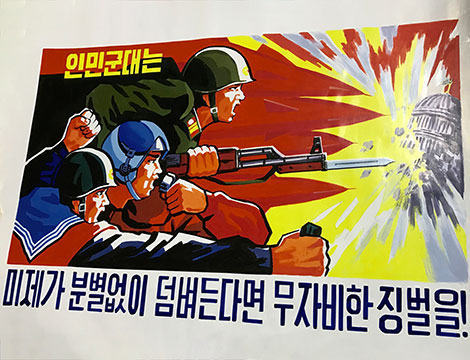
This article was originally published by Pacific Forum CSIS on 9 March 2017.
On Feb. 13, 2017, Kim Jong Nam, half-brother of North Korean leader Kim Jong Un, was assassinated in Malaysia. South Korean responses to the murder have been mixed. For some, it is confirmation of the tyrannical, despotic nature of the Pyongyang leadership, a call to stiffen South Korean resolve and a reminder to double down on security measures. For others, it is proof of North Korean insecurity and one more example of the need to reach out to Pyongyang and convince it that the outside world is not implacably hostile. We believe this act is an opportunity for young South Koreans to forge a bipartisan consensus on how to deal with North Korea.
There has long been a generational divide within South Korea when thinking about how to deal with the North. Unlike older generations who felt the pains of Korean division, younger South Koreans have no personal ties to the North and have thus made reunification less of a priority than their elders. It is widely believed that younger South Koreans are not willing to make the sacrifices necessary to make reunification a reality; they are more inclined to accept continuing division even if the price is high. A survey conducted by the Korea Institute for National Unification revealed that 55.1 percent of the younger generation in South Korea prefers division in the Korean Peninsula while only 19 percent of 60 year olds share that view.
